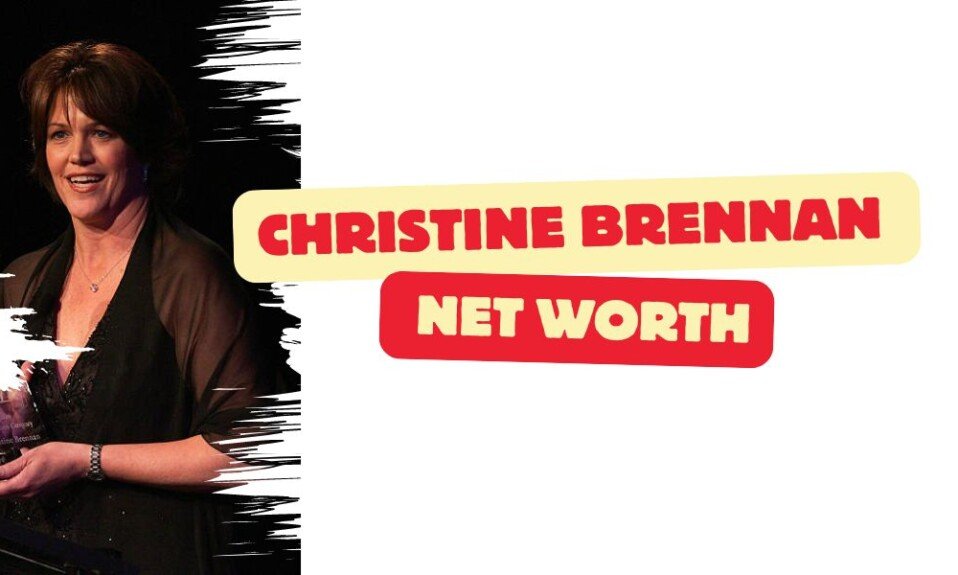
In recent times, hard money lending has become a popular mode of borrowing to finance investments in the real estate sector, especially by investors who are in the business of spotting bargains that can be quickly purchased, renovated, and flipped over for a handsome profit. As popular as it is with a certain section of real estate investors, not many people outside the small circle know much about hard money lending. Some essential questions that invariably spring to the minds of people looking for more information on hard money lending answered.
What Is Hard Money Lending?

Hard money lending is a mode of lending by private moneylenders who extend loans to borrowers to finance real estate acquisitions. The method gets its name due to the nature of the assets used to obtain collateral security for the loan – hard assets, typically, the property that is being financed, or others owned by the borrower to provide supplementary collateral. Hard money loans are popular because the lenders disburse the loans very quickly without the typical paperwork and bureaucracy of banks and conventional financial institutions to even borrowers with relatively poor credit scores.
How Is a Hard Money Loan Different From a Bank Loan?
Banks extend loans for real estate purchases based on their assessment of both the creditworthiness of the borrower as well as the intrinsic value of the property being purchased. The loan is approved only after the borrower completes all the application formalities including detailed documentation that can not only take time to complete but also delay the loan disbursement due to the necessity of completing proper approval procedures. Bank loans or even loans from online lenders like https://www.libertylending.com/ are typically given only to borrowers who have a good credit score and the period of the loan is at least a few years.
Hard money loans, on the other hand, are meant to facilitate real estate investors who are more in the business of spotting distressed properties that can be bought for a bargain and quickly refurbished and sold off to another investor or end-user. The holding period may be just a few months and, in some cases, even overnight. According to https://www.investopedia.com, hard money lenders thrive on being able to extend loans very quickly just on the basis of the collateral of the property being financed and with the minimum documentation and credit checks. The swiftness of response and the ability to entertain sub-prime borrowers ensures that even the relatively higher rates of interest do not deter the borrowers.
What Is the Advantage of Dealing with Hard Moneylenders?

Hard money lenders cater to the demand of many borrowers for a quick response to their real estate financing needs that cannot be met by the slow and bureaucratic process of conventional banks. Hard money lenders are also preferred because they understand the need for converting market opportunities quickly without getting entangled in credit score checks and examination of cash flows of the investor.
Investors requiring to close deals quickly and without the time to accommodate the deadlines of conventional banks or raise funds from smaller investors prefer to deal with a single moneylender even if the rate of interest in higher than that of banks. Typically, investors with more market opportunities but without the financial strength to convert them benefit the most from hard money lending. Sometimes, even if the borrower has an existing line of credit with a bank may prefer a hard money loan because the amount exceeds his limit with the bank. As long as the cost of the origination fee and the interest is relatively smaller as compared to the potential for profits, a hard money loan is attractive.
What Are the Disadvantages of Hard Money Loans?
The most obvious disadvantage of a hard money loan is that as compared to a conventional bank, it is far more expensive due to high rates of interest and origination fees. While many hard moneylenders have built up a substantial practice in a local area, it should be recognized that the sector is largely unregulated making is possible for borrowers to be ripped off by unscrupulous lenders. There are some lenders who have their eyes on the property being financed from the very start and will set the terms and conditions in such a way that it is more likely that the borrower will default and the lender will get the chance to foreclose on the property. Then there are some lenders who actually may not have the capital to fund the request of borrowers but still collect the origination fee and other miscellaneous non-refundable charges. These lenders sometimes hope to find other investors to put together a loan package or simply have no intention of extending the loan.
What Types of Properties Do Hard Moneylenders Consider?

Both commercial and residential properties qualify for had money loans, however, most lenders will not finance residences that are occupied by their owners due to the higher levels of legal scrutiny. In this matter, even vacation homes that are single-family residences are considered to be owner-occupied even if they are not the primary residence and thus will not generally be financeable; however, there are some hard moneylenders who do have lending policies that cover such loans. Commercial properties, typically, include office buildings, shopping centers, warehouses, and industrial units. Some hard moneylenders are not averse to lending against hotels and even plots that have been earmarked for development.
Who Provides Hard Money Loans?
Normally hard moneylenders are wealthy individuals who are also known as trust deed investors who have intimate knowledge of the real estate business in a particular area. Rather than letting their funds idle away in bank accounts, they extend hard money loans that earn them superior returns, though the risks are greater. Hard money loans are also given by funds that a number of investors contribute to. Typically, these investors are not experienced in the nuances of the real estate market investments and let a professional fund manager or lead investor make the investments.
Conclusion
Hard money loans are a convenient way for investors to get access to funds quickly so that they are able to take advantage of emerging opportunities before they disappear. Hard money lenders are less concerned with the cash flow, balance sheet, and credit score of the borrowers and prefer to rely more on the value of the asset being purchased that serves as the collateral security.




